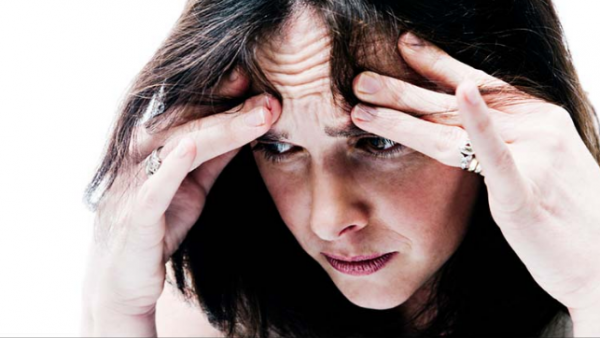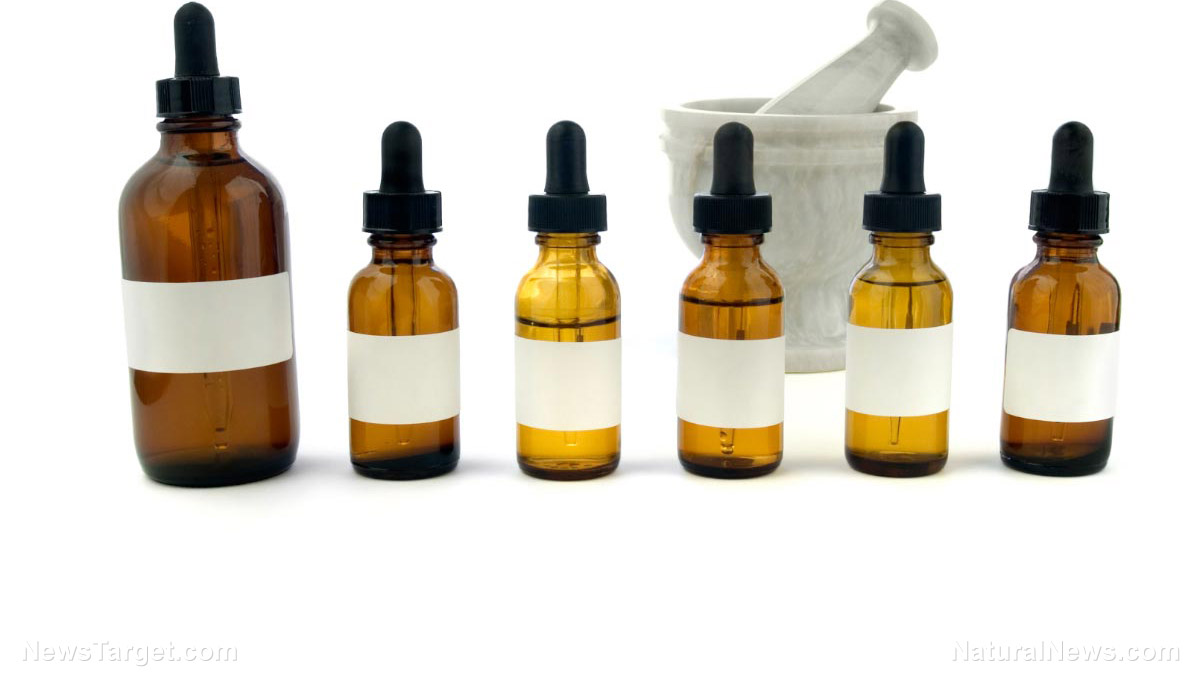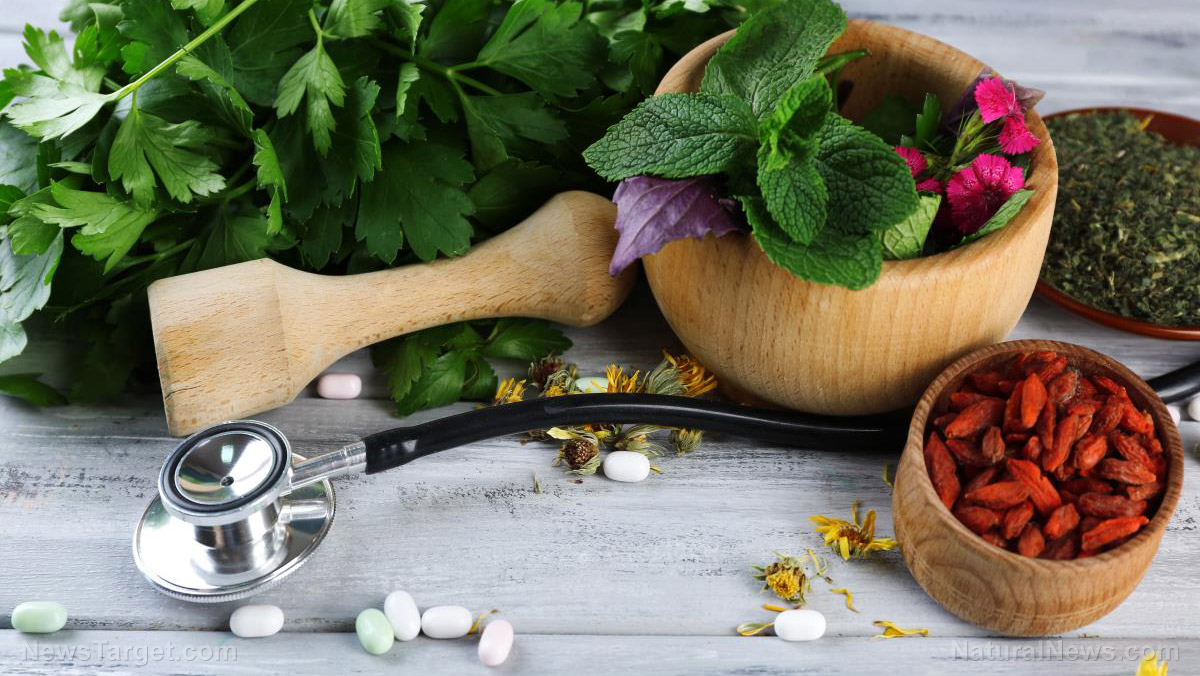Depression, a leading cause of disease and injury the world over, may have met its match in probiotics. This benefit, based on a study conducted by researchers from McMaster University, does not only apply to depression, but it also extends to gastrointestinal upset, a condition that can mean anywhere from diarrhea to gastrointestinal gas.
According to the study, which was published in the medical journal Gastroenterology, probiotics helped improved co-existing depression for adults suffering from irritable bowel syndrome (IBS). This finding adds more weight to a growing body evidence that indicates there is a direct link between a person’s microbiota environment in his gut and his brain function. (Related: Breakthrough science study confirms that probiotics can improve depression symptoms.)
Senior author Dr. Premysl Bernick explained: “This study shows that consumption of a specific probiotic can improve both gut symptoms and psychological issues in IBS. This opens new avenues not only for the treatment of patients with functional bowel disorders but also for patients with primary psychiatric diseases.”
For the pilot study, 44 adults with IBS and mild to moderate anxiety or depression were chosen in the sample pool. The pool was divided into two groups: One group received a daily dose of the probiotic Bifidobacterium longum NCC3001, while the other group received a placebo.
Both groups were monitored for 10 weeks to see if there were noticeable changes between the two groups. Six weeks into the study, 64 percent of patients who were taking the probiotic posted a dip in depression scores over 32 percent of patients taking the placebo. Additionally, functional magnetic resonance imaging (fMRI) images indicated an improvement in depression scores associated with brain areas pertinent to mood control.
While the results of the pilot study look promising, researchers are now looking at the possibility of a randomized controlled trial on a larger scale.
Coping with depression
A person who experiences depression is not only at risk of feeling persistently sad, he may also be a likely candidate for heart disease, smoking, and other mental disorders like anxiety disorders, substance disorders, and eating disorders. Moreover, depression has a high probability of recurrence – and worse, the chances of it forming a vicious cycle in the future are increased as well.
Learning to cope with depression starts with recognizing its tell-tale signs. The American Psychiatric Association identifies depression through the following symptoms:
- If a person feels sad or dejected
- When he suddenly loses interest in activities he once enjoyed
- A significant change in appetite (either an increase or decrease)
- Experiencing either trouble sleeping or sleeping too much
- Increased feeling of fatigue or loss of energy
- Noticeable jitters, or purposeless physical activity, or slowed movement and speech
- Feelings of worthlessness or guilt
- Increased difficulty in thinking, concentrating, or decision-making
- Thoughts of death or suicide
A person is likely to be diagnosed with a major depressive disorder if he experiences a combination of these symptoms for at least two weeks.
If you recognize yourself as having depression or have been diagnosed to suffer from it, taking small steps to cope with the condition can go a long way in managing depression in the long run:
- Get a good night’s sleep – Depression wreaks havoc on a person’s sleep cycle. Getting good, quality sleep can help improve your mood as well as increase your energy levels.
- Eat a balanced diet – A balanced and nutritious diet can stave off depression, aid you in decision-making, and increase your energy levels.
- Have an active lifestyle – While people who suffer from depression can find exercise to be challenging, starting with gentle and simple activities like walking, yoga, and swimming may give your mood a boost.
- Take control of your hygiene – The energy that is sapped during depression can leave a person wanting to relegate personal hygiene to their last priority. Small tasks like regularly taking a shower or brushing your teeth may help boost your self-esteem.
- Stay away from drugs and alcohol – People who suffer from depression usually turn to drugs and alcohol to get their “fix” – or a way to cope with their condition. This not only is a brief solution, but it can bring long-term risks and diseases.
Explore more news on disease prevention at Prevention.news.
Sources include:
Newswise.com
CDC.gov
Psychiatry.org
Mind.org.uk




















